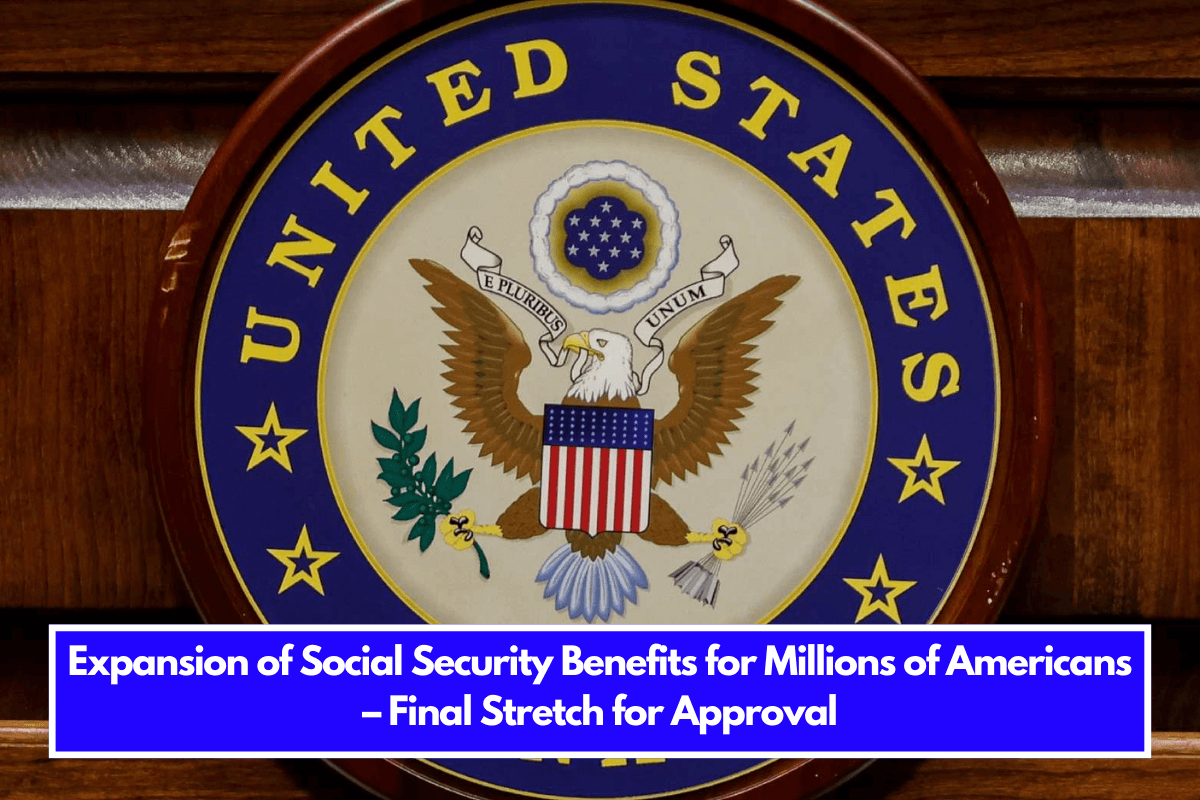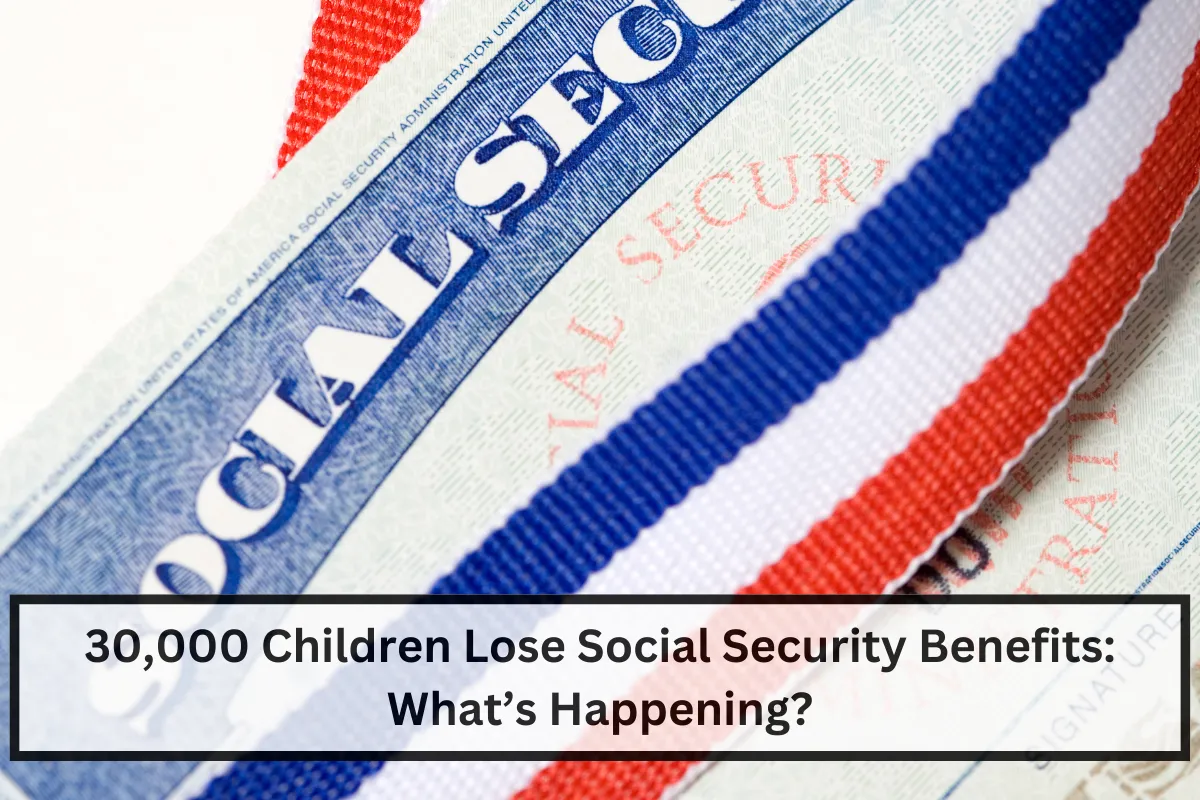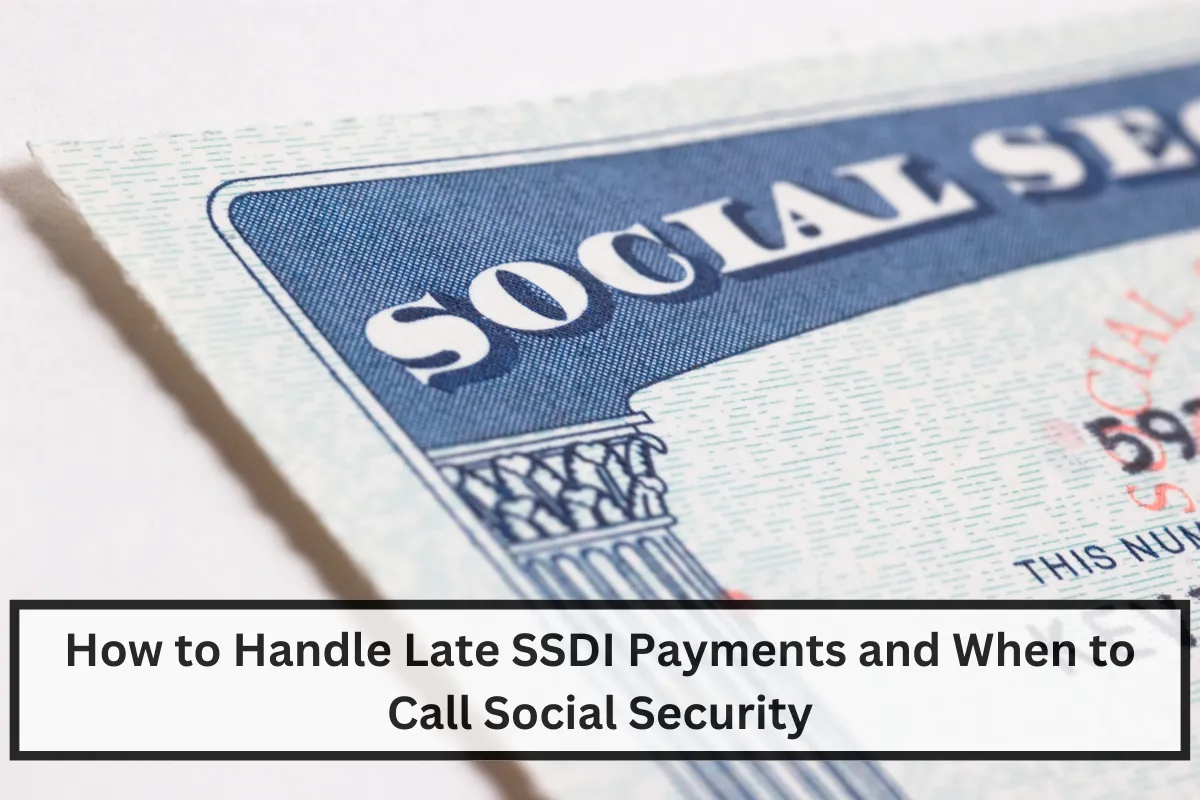The Social Security Fairness Act may yet pass the Senate before the end of the year. The House of Representatives passed a bill with bipartisan support to repeal two clauses that reduce Social Security benefits for millions of Americans.
The bill aims to repeal the Windfall Elimination Provision (WEP), a formula used to adjust Social Security worker benefits for those who receive “non-covered pensions” and qualify for benefits based on other Social Security-covered earnings. A non-covered pension is one paid by an employer who does not withhold Social Security taxes from your salary, typically state and local governments or non-U.S. employers, and the Government Pension Offset (G).
After passing the House, the bill must now pass the Senate before being signed into law by President Biden. If this process is completed, over 2.8 million people will receive the benefits for which they have contributed. The bill has multiple Senate sponsors, but requires at least 60 votes to pass Congress.
The bill, which had 62 cosponsors last year, is now being considered by Senate Majority Leader Chuck Schumer, D-N.Y. The goal is to prevent Americans from being denied their Social Security benefits because they chose to work in public service. Schumer explained.
Last year, GOP Sen. Mike Braun of Indiana supported identical legislation. However, he is still “weighing” whether to vote on the revised version of the bill next week. He justified his shift in perspective by saying, “Nothing ever gets paid for, so if it’s more debt, I don’t know.”
He is referring to the fact that the measure would require extra money to pay for benefits, which would come from the Social Security Trust funds, which are already overstretched. The scheme will rely solely on payroll taxes to pay retirees once the funds are spent. The Congressional Budget Office estimates that repealing these measures will result in a $195 billion increase in federal deficits over a decade.

Although that sounds dreadful, the sad reality is that it would only decrease the program’s duration by roughly six months, which, given that we are discussing the program’s termination, may be a little myopic. The impartial Committee for a Responsible Federal Budget confirmed this data.
If the program goes bankrupt, it will only be able to pay 79% of planned benefits, resulting in a $25,000 reduction in lifetime Social Security benefits for a typical dual-income couple retiring by 2033.
Will the Social Security Fairness Act pass the Senate?
Conservative party members, including Kentucky’s Sen. Rand Paul, have expressed strong opposition to the bill due to its high cost, citing a lack of concern for the country’s future.
Senator John Thune, the second-ranking Republican in the Senate, acknowledges the policy’s bipartisan support but suggests it should be improved as part of broader Social Security reform efforts.
Sen. Bill Cassidy, R-La, and others have pushed Schumer to bring the bill up for a vote, citing the current federal limitations that penalize families who worked in public service with a separate pension. We’re talking about police officers, firefighters, teachers, and other public personnel who are penalized for doing their jobs.”
Also See:- Direct Impact of Inflation on Social Security Benefits in 2025 – Everything Retirees Need to Know



















